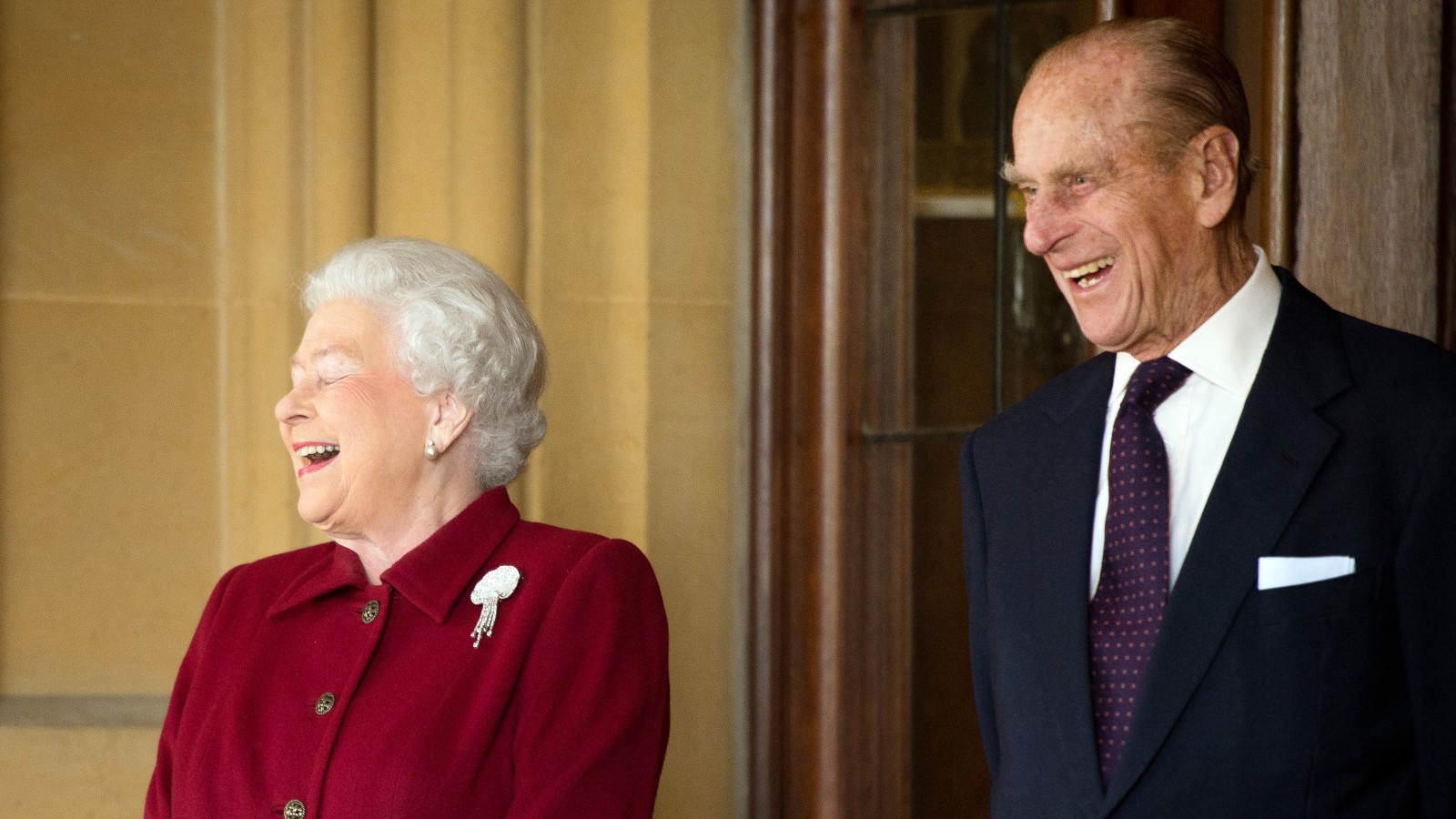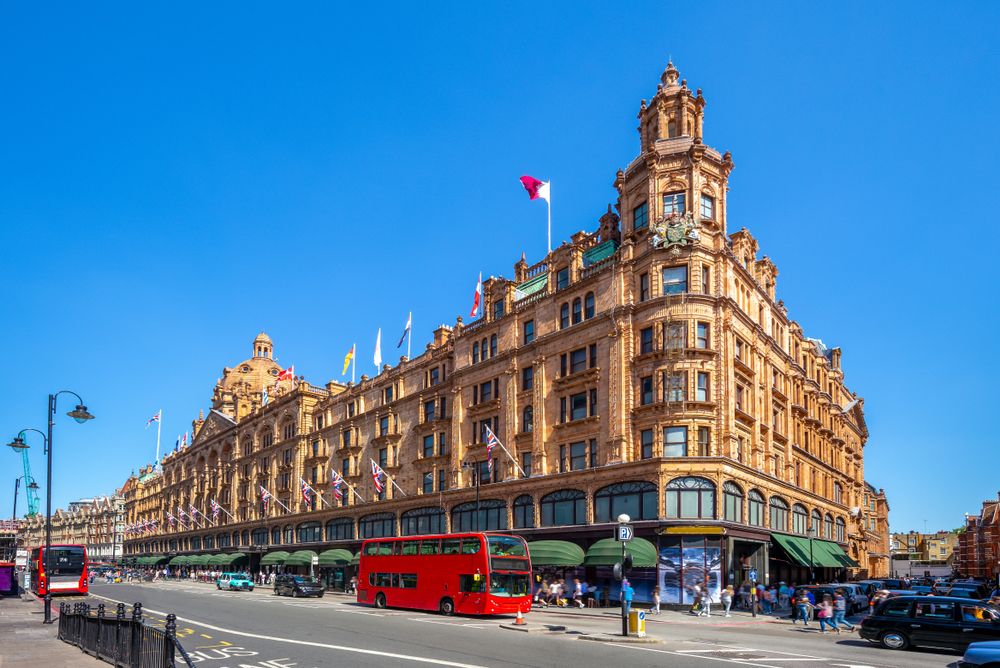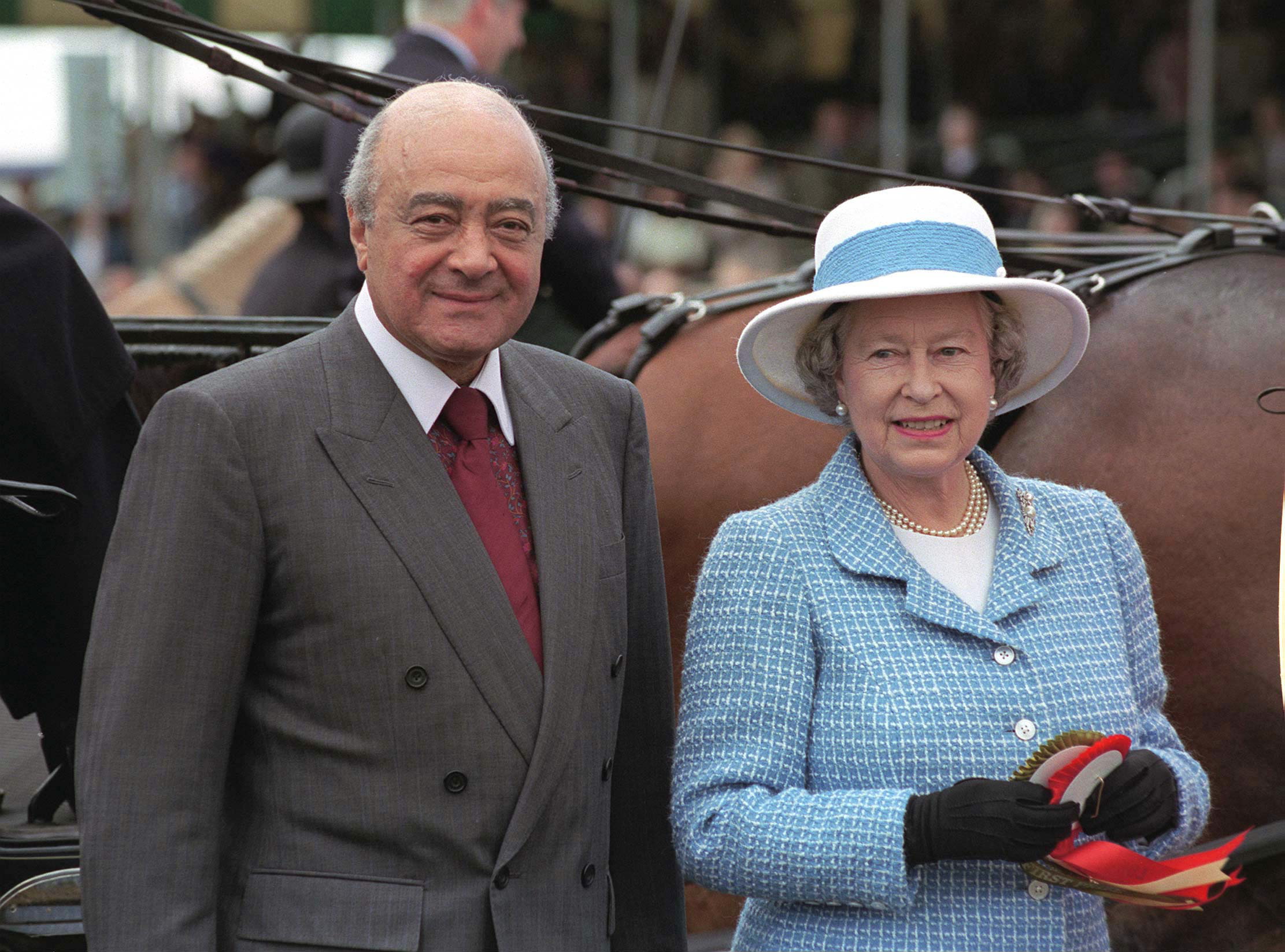Prince Philip was BANNED from the most popular department store in the world – but the Queen would still sneak out to shop there
The most popular department store has been named – and it’s one which sensationally banned the Duke of Edinburgh


New research has named the most popular department store in the world, and it’s one synonymous with luxury. Data has crowned Harrods in London as the most in demand department store, easily beating the likes of Macy’s and Bloomingdales in New York City. While the decadent department store reigns supreme, there’s a sensational history with the Royal Family after Prince Philip was shockingly banned from shopping there… But that didn’t stop the Queen sneaking out to shop for her grandchildren.
- Harrods has been crowned as the most popular department store in the world
- The store is famous worldwide but there’s a little known scandal involving them banning the late Prince Philip from ever shopping there
- In other royal news, Camilla's outfit choices since becoming Queen are getting better and better as she shines in the chicest bright white coat and citrine brooch
Harrods is known across the globe. Founded 173 years ago in 1849 in London’s affluent area of Knightsbridge, Harrods is a one-stop shop for “all things for all people, everywhere”, as goes their motto.
With 330 fashion and beauty brands covering over one million square footage of retail space, FindMyCasino have looked into the data behind just how popular it really is.
They found that it’s easily the most searched store, pulling in 134,000 Google searches. People have also taken over 1.5 million pictures of the luxury store on Instagram - 847,477 more than Selfridges in second place.

One person you won’t see in any photos from the past years is Prince Philip.
The late Duke of Edinburgh was sensationally banned from shopping there. It all started when Prince Philip announced he was withdrawing his royal warrant in 2000.
"The warrant will not be renewed because of the significant decline in the trading relationship between the household and Harrods over several years," a Buckingham Palace spokesperson said at the time.
Sign up to our free daily email for the latest royal and entertainment news, interesting opinion, expert advice on styling and beauty trends, and no-nonsense guides to the health and wellness questions you want answered.
Of course, as seen in season five of The Crown, Harrods’ connection to Diana’s flame after Charles, Dodi Al-Fayed could’ve played a part. Harrods was owned by Dodi’s father at the time, Mohamed Al-Fayed.
"We are proud of the Harrods reputation as the world’s finest store and we naturally welcome discerning shoppers from all over the world," Mohamed Al Fayed said in a statement months later. "The royal family, with the exception of Prince Philip, are welcome to shop at Harrods at any time."

While Philip was banned, it was revealed that the Queen loved to pick up bits from the store. Anne Glenconner, Princess Margaret’s lady-in-waiting, shared that the Queen liked to do her own shopping there, especially picking up bits for her grandchildren.
The data also reveals that London’s stores make up one fifth of the top 10 most popular department stores in the world.
Following Harrods in second place is Selfridges, with Liberty coming in eighth.
Macy’s is the most popular from the United States, coming in third, followed closely by Paris’ Galeries Lafayette in fourth.
Saks Fifth Avenue rounds out the top five.

Jack Slater is not the Last Action Hero, but that's what comes up first when you Google him. Preferring a much more sedentary life, Jack gets his thrills by covering news, entertainment, celebrity, film and culture for woman&home, and other digital publications.
Having written for various print and online publications—ranging from national syndicates to niche magazines—Jack has written about nearly everything there is to write about, covering LGBTQ+ news, celebrity features, TV and film scoops, reviewing the latest theatre shows lighting up London’s West End and the most pressing of SEO based stories.